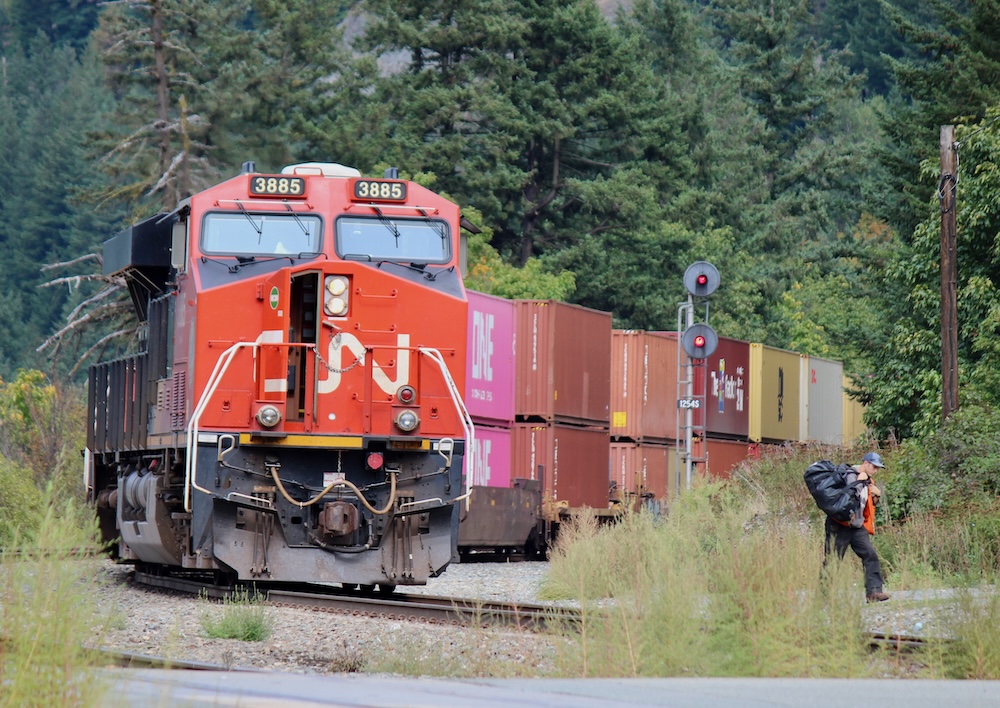
The union representing more than 9,000 CN and CPKC workers is holding a second strike vote amid stalled contract negotiations with the railroads.
“It is clear we cannot rely on a timely conclusion to these unfortunate circumstances and must protect our rights regardless of outcome,” the Teamsters Canada Rail Conference (TCRC) said in a press release. On May 1, CN and CPKC rail workers voted to authorize a strike that could have begun on May 22.
Canadian Labor Minister Seamus O’Regan referred the rail worker dispute to the Canada Industrial Relations Board on May 13, seeing a decision whether some critical shipments might be required to continue even during a strike or lockout [see “Move by Canada’s labor minister will delay possible start of strikes …,” Trains News Wire, May 10, 2024]. A potential work stoppage is on hold until the board issues a ruling.
TCRC’s second strike vote began Friday, June 14, and will end June 29, as the current strike mandate is set to expire on June 30. Canadian labor laws prohibit unions from declaring a strike unless its members have approved walking off the job in the previous 60 days.
If the CIRB rules that a strike would not cause a serious threat to public safety, the earliest a strike could occur would be mid-July, according to CPKC.
“It is unlikely the parties will be in a position to initiate a legal strike or lockout before mid-July or later. In any event, a legal strike or lockout cannot occur until at least 72 hours after the CIRB renders a decision,” CPKC said in a June 14 statement.
TCRC said it has sent the CIRB written submissions and attended a pair of in-person meetings with railroad officials but has received “no indication” as to how long the negotiation process could last.
“We have no indication how long this process will take, or what an outcome could possibly look like,” the union said. “The result is a frustrating process. Both carriers have completely withdrawn any commitment to negotiate since the referral was issued, which already was almost non-existent since the sessions began last fall.”
CPKC and CN rail workers — including conductors, engineers, yard workers, and traffic controllers — are seeking higher wages, as well as bargaining over crew scheduling, hours of work and fatigue management.
“CPKC aims to gut the collective agreement of all safety-critical fatigue provisions,” TCRC said. “CN has offered the union to keep some of its language around fatigue contingent on the acceptance of a scheme where workers would be forced to relocate across the country for several months at a time to fill labor shortages in remote areas of the country.”
CN and CPKC requested binding arbitration to settle the dispute, but the union turned down that offer [see “Teamsters Canada turns down CN offer …,” News Wire, June 6, 2024].
“CN has been in negotiation with the TCRC since November 2023 to reach an agreement that is good for both parties. Unfortunately, we are no closer to a deal. The uncertainty around the timing of a resolution and the prospect of a labor disruption are hurting CN, our employees, our customers and the Canadian economy,” CN said in a statement last week.
— This story originally appeared on FreightWaves.com.






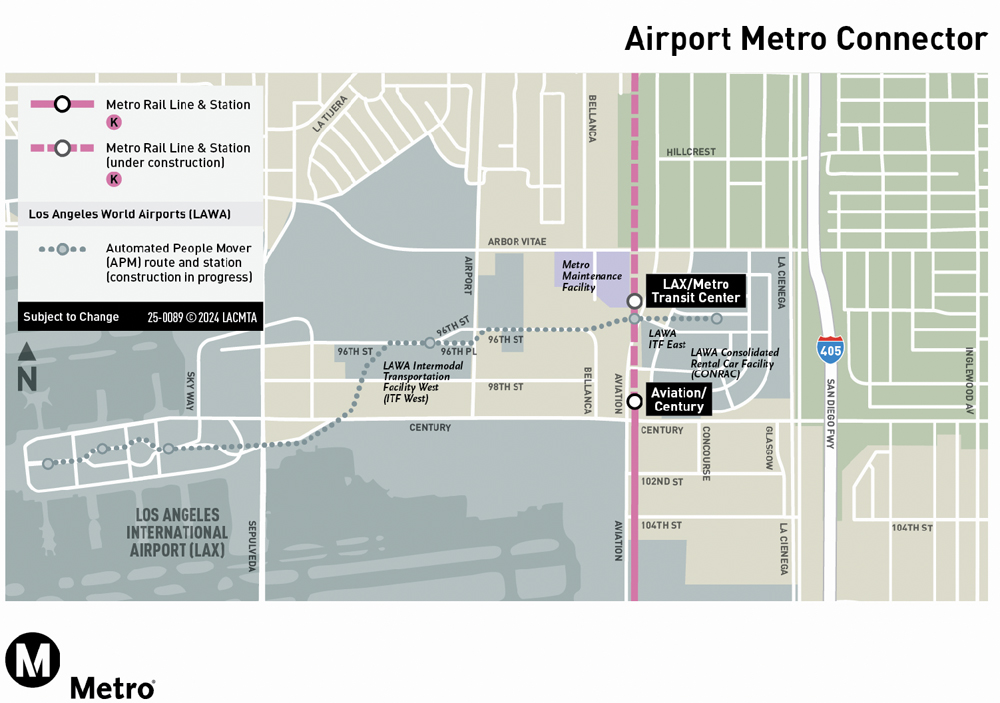
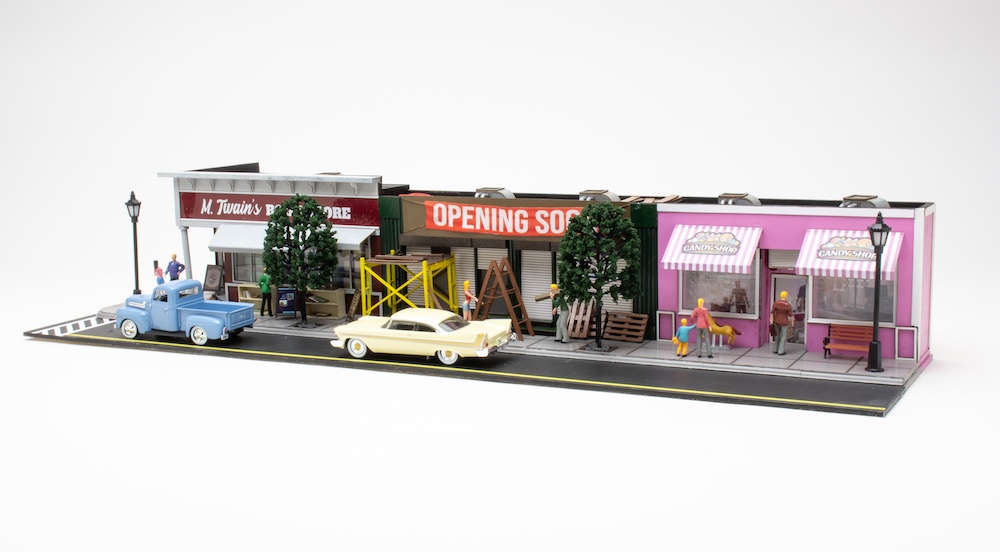
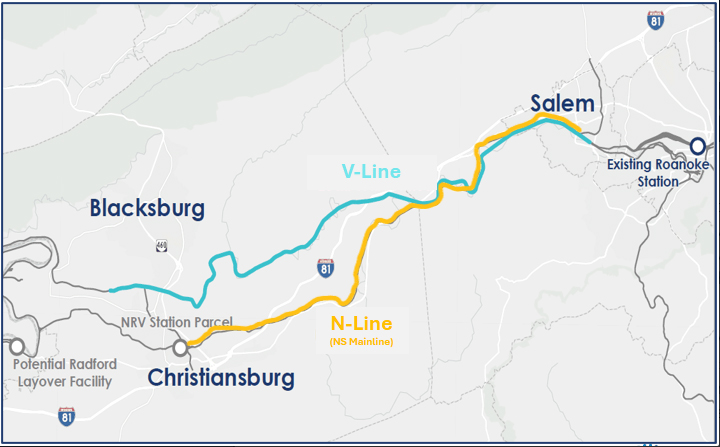
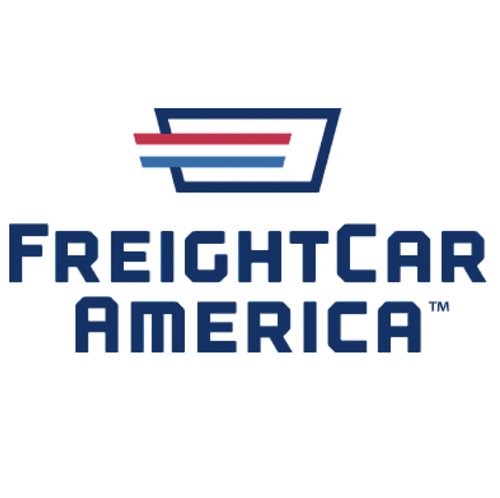




I see no problem with CN wanting to fill open positions in remote locations during busy seasons with employees from existing locations where traffic may have slowed down. At least the employee is still working. Of course if it was up to me, critical workers such as those in transportation and safety related jobs would be prohibited from striking, with the options for reaching a contract either negotiations or binding arbitration.